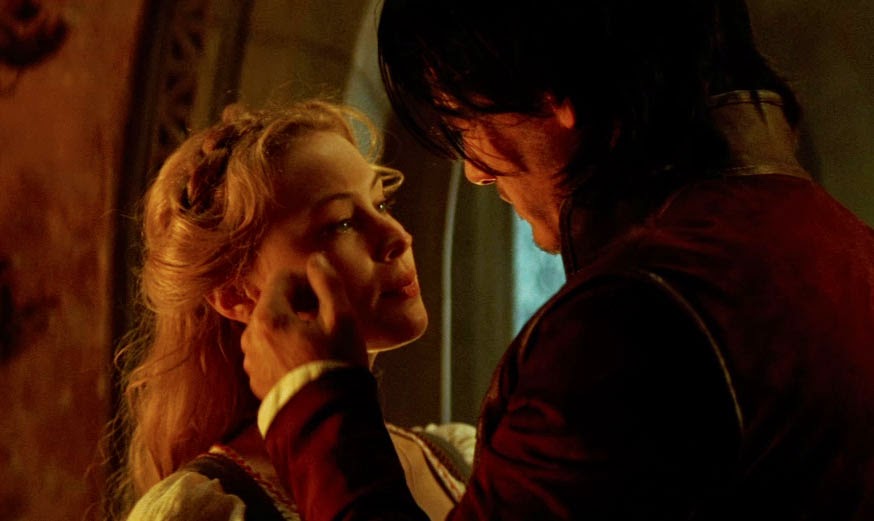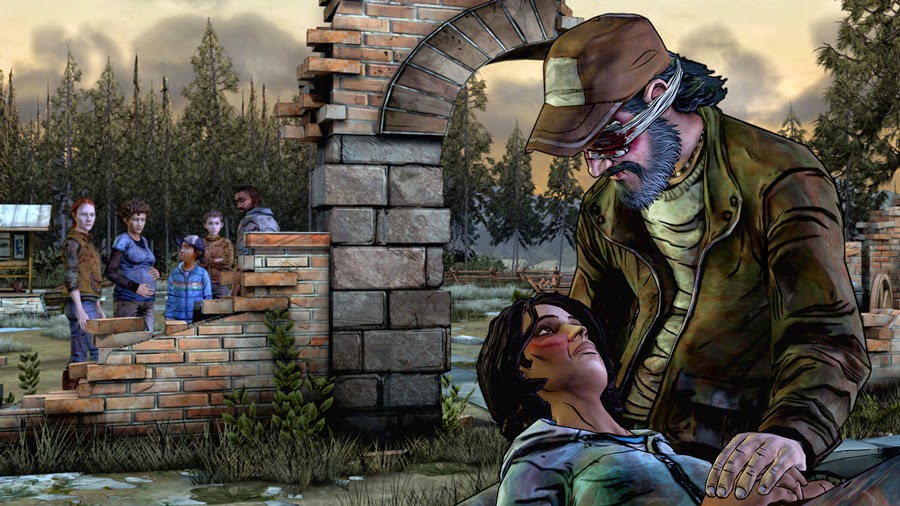Recently, I was talking with some Facebook associates about the subject of bad reviews. I'd given a slightly-lower-than-expected review of a book and they were surprised by that, asking about what my criteria were for giving a score and whether or not I'd ever given a bad review.
I'd answered, yes, I'd given bad reviews in the past and would continue to do so in the future. Then they asked me if I was ever worried about authors trashing my work in public or getting mad. I answered, "Well, if I was intimidated by hard feelings, then I wouldn't be a very good reviewer, now would I?"
It occurred to me, however, that there's not much on the internet about the right way to give a bad review. There's plenty of Caustic Critics (thank you, TV tropes) who love to put down things because they suck and it's funny to hear popular stuff get heckled. These reviews are wildly popular and with good reason.
People appreciate the honesty of having the flaws of a work pointed out to them. However, I've seen a lot of reviews which are just teeth gnashingly nasty with no real content to them to. It's okay to hate on a work but I've never really gotten much feedback from, "It sucks! Don't buy it!"
There's also the purpose of a bad review. For me, the purpose of a bad review is to hold up a sign and warn away people like a lighthouse warns people against rocky shores. I'm also a great believer there's so such thing as bad publicity so I have to always gauge, "Is a bad review better than not reviewing this at all?"
There have been several books I have refused to review on the United Federation of Charles because, bluntly, they weren't very well done. The authors were friends of mine but I couldn't, in all honesty, review their work without putting it down.
One free ebook I got from an author hadn't been formatted properly so it didn't have paragraphs. I told her that she should correct that but that it being for sale, now, was a mistake. I would have mentioned this on her Amazon.com page but there were already reviews which pointed this out.
So, when should I actually post a bad review on my website or other locations?
1.
When you feel the need to be a dissenting opinion: This is something that often motivates me and that's when I find myself reviewing something very-very popular which I don't like. My review of
(
here) reflects the fact I found Cole Phelps to be a sanctimonious jerk who's use as a mouthpiece by Rockstar to compare World War 2 to the then-current war in Iraq to be astoundingly ashistorical.
I also found the game's open-world to be unnecessary. The game was often called the best game of all time and I felt it was most certainly not. Still, I gave it a two-star rating because a one-star rating wouldn't acknowledge the fun I did have. I gave a similar review to
Fallout: New Vegas: Dead Money (
here), which I found to be boring and poorly designed.
2.
When I feel the author can do better: I find it amusing that, hands down, the single most popular review on my website is my review of Charles Stross'
The Jennifer Morgue (
here). To date, it is my only one-star review on this website. I hesitated to post it anywhere but my blog because I love Charles Stross' writings and respect him as an author. He's a guy who writes Cthulhu-themed spy fiction, more or less catnip to my
Delta Green-loving brain.
However,
The Jennifer Morgue was one long shallow parody of James Bond which turned up its nose at the series every chance it could get while cribbing its plot from
Thunderball (the most overused of all Bond films/novels to rip off).
It was painful to get through as a James Bond fan and I felt it was unworthy of the author's efforts. I hope to meet Charles Stross someday but if we ever do, he needs to know I don't think much of that work.
3.
When there are problematic elements: As mentioned above, I'm a fan of both the literary as well as the film version of James Bond. If I were to ever review Ian Fleming today, however, I would find myself unable to give him ten out of ten for his books on the basis of the fact he was really a raging sexist and racist.
I don't mean "kinda" racist or sexist either. I mean stuff like that in
From Russia With Love, Kerim Bey talks about how he used to keep his future wife prisoner in his basement. H.P. Lovecraft is the greatest horror author of all time, in my mind, but if I glossed over some of the vile crap he said about other races (let alone alluded to) then I'd be doing a disservice to my readers.
The thing is, I still love H.P. Lovecraft but he has quite a few stories I'd give 1 star or below like
The Medusa Coil. That's the story where the "horrible revelation" the protagonist discovers about herself is she's got black ancestry. Not exactly sanity-blasting, IMHO. I weigh in how these elements effect my readership and point them out so readers can judge for themselves whether they think they'd enjoy a book.
While most modern authors avoid the excesses of the past, I can't tell you the number of times I've knocked off a point or two because the villains are a bunch of rapists because the author has decided that's the best way to show they're evil. That particular bit of storytelling really burns me.
4. When I think the flaws are not immediately apparent: This is where I will make my own confession time: my first Tabletop RPG,
Winterweir, sucked. This is a somewhat overly harsh opinion, I've been told since I have a fairly rabid fanbase and my reasons for taking it off the market have more to do with a few typos which got repeated throughout the book than the actual content. However, the actual appearance of the book was quite pleasing to look at because of its kickass cover art by Storn Cook.
However, those amateur mistakes from a first time self-publisher ruined the pot for me and bad reviews convinced me the book should be off the market. While these reviews hurt, they helped me understand what was necessary to correct in my writing and made me the insane perfectionist I am today. In this day and age, anyone can buy an awesome cover or even excellent editing (which they don't do often enough) but you can't buy good writing.
That only comes with practice.
Finally, the 5 and most important rule.
5. When you *do* post a bad review, be specific and honest: A review where you praise everything and don't mention what you dislike doesn't help an author (unless you really liked everything). A review where you criticize everything but don't mention what you like is equally valueless (unless the author just stinks that badly).
I use the 1-10 scale for a reason because it is the rare book I think is technically perfect as well as awesome to read. Stuff like
Heir to the Empire or
Time of Death: Induction are the rare books I think are genre classics in the making. Most books, by contrast, get lower scores even when I really like them.
If I'm unhappy I've read a book, then I'm happy to assign a 2-5 score for a work. However, if I've liked it in even the mildest way I tend to give a six or above. 8 is what happens for book I really-really liked but don't think hit my highest scores. I only give 9 or 10 scores to books that I think not only tell a good story but do something which really sticks with me, sticks in my head, or makes me think.
Don't dilute the 10 out of 10's power or the 1 out of 10's venom by throwing them around causally.
I hope this has helped future reviewers out there. I also hope readers and potential reviewers will understand that writing out reviews for authors is something they live for (both good and bad). Take the time to review the books you like (and dislike) and share those opinions. Staying silent is something I reserve for only the worst of the worst.
The books I'd rather see forgotten.
Addendum Some friends have e-mailed me privately about this article and mentioned they feel intimidated by potential audience retaliation. Part of what Amazon.com has made the mistake of doing was including a "helpful" or "unhelpful" response system. Likewise, other authors have attempted to go after authors they find to be problematic. My response to this? Barring tracking you down to your house (where you should call the police), don't sweat it. No one likes getting a bad review and some people are going to be immature asshats about the whole thing.
I've posted over a hundred reviews at Amazon.com and a tenth of them have been marked unhelpful. Nine-tenths of them, however, have been marked helpful so I know I'm doing something right. You can't deal with the audience reaction to your reviews, whether from rabid fans or authors who act like five-year-olds. The majority of Amazon readers aren't going to pay attention to your review ranking, either, but instead what you wrote.
Remember that.







































